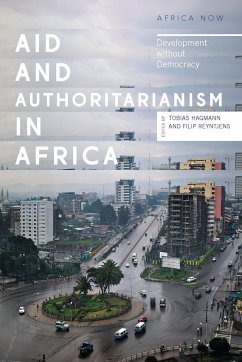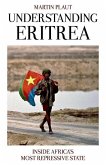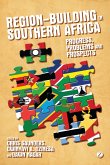In 2013 almost half of Africa's top aid recipients were ruled by authoritarian regimes. While the West may claim to promote democracy and human rights, in practice major bilateral and international donors, such as USAID, DFID, the World Bank and the European Commission, have seen their aid policies become ever more entangled with the survival of their authoritarian protégés. Local citizens thus find themselves at the receiving end of a compromise between aid agencies and government elites, in which development policies are shaped in the interests of maintaining the status quo. Aid and Authoritarianism in Africa sheds light on the political intricacies and moral dilemmas raised by the relationship between foreign aid and autocratic rule in Africa. Through contributions by leading experts exploring the revival of authoritarian development politics in Ethiopia, Uganda, Rwanda, Cameroon, Mozambique and Angola, the book exposes shifting donor interests and rhetoric as well as the impact of foreign aid on military assistance, rural development, electoral processes and domestic politics. In the process, it raises an urgent and too often neglected question: to what extent are foreign aid programmes actually perpetuating authoritarian rule?








